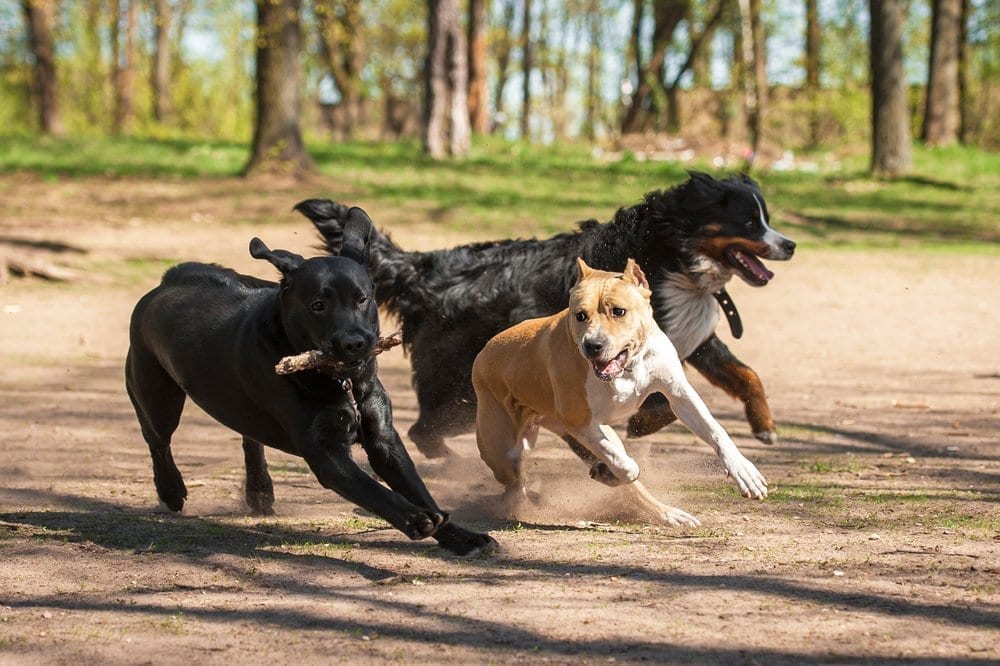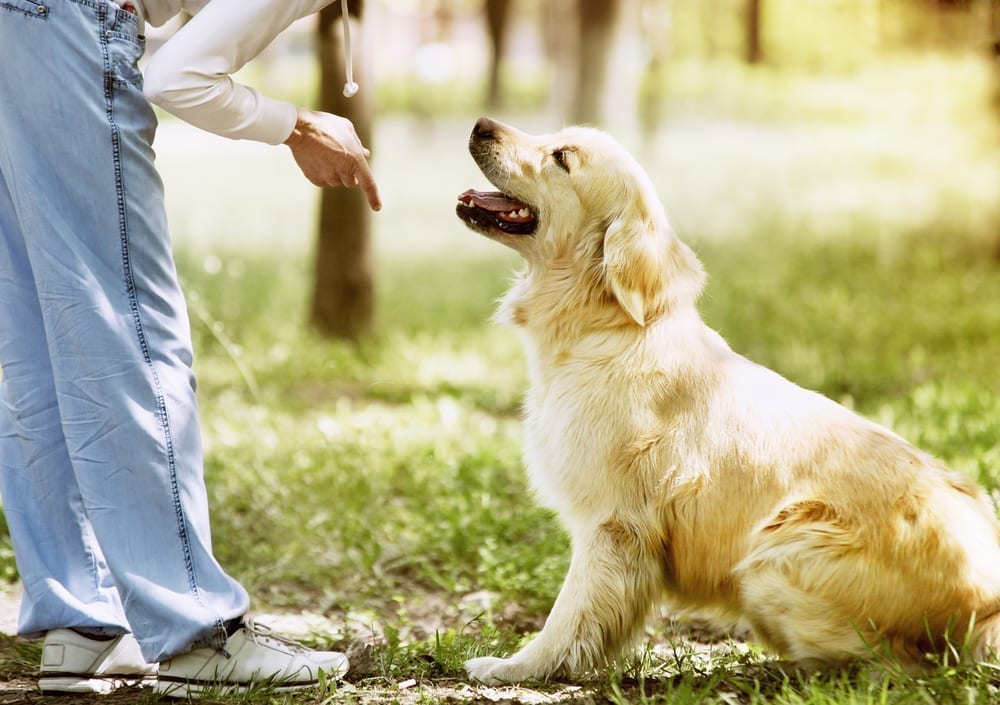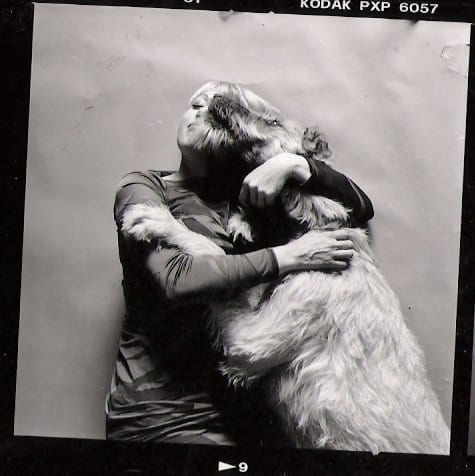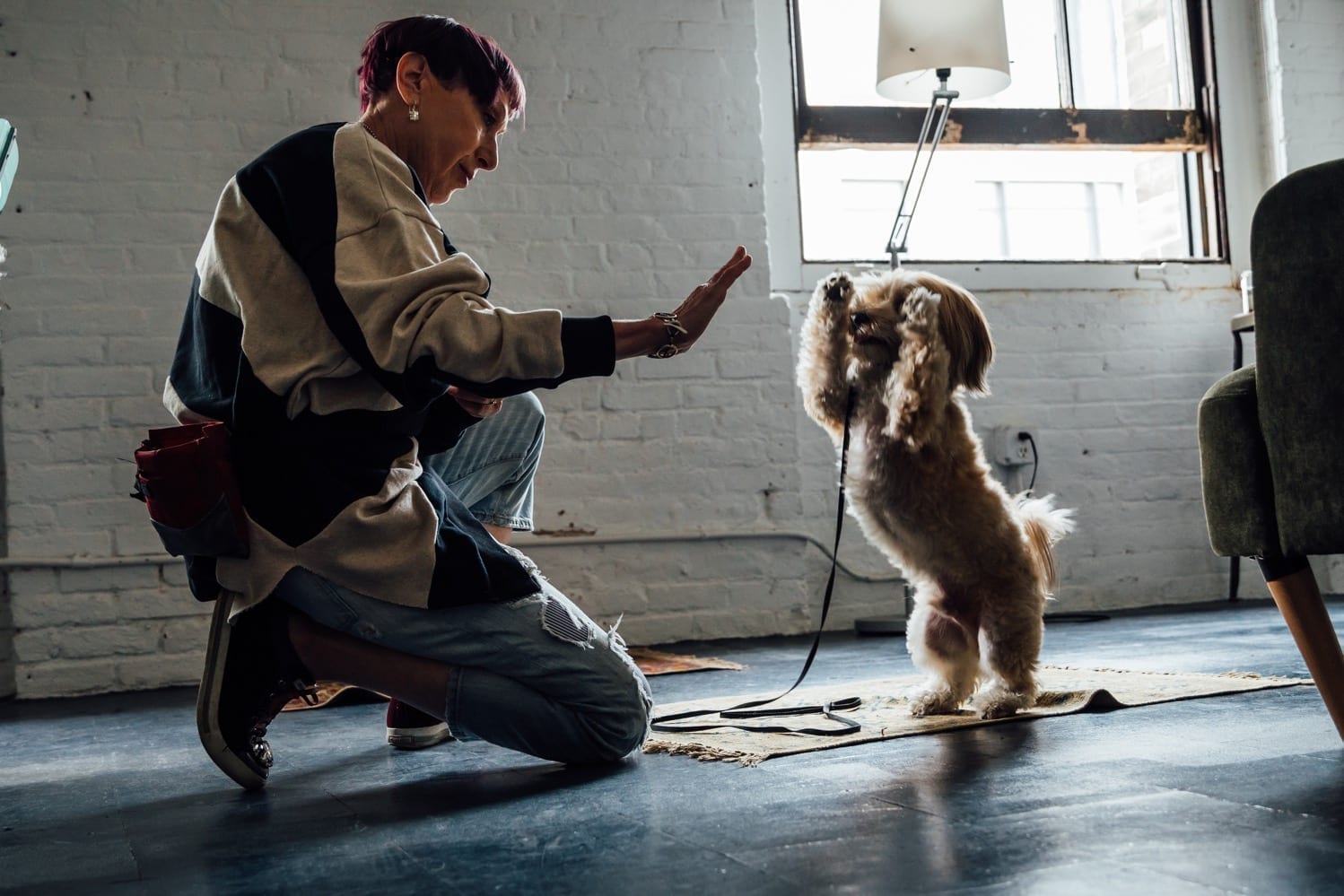Elisabeth Weiss is a highly certified, experienced dog trainer in Manhattan, NYC. To learn more about dog training services, contact us by phone at (917) 783-1473 or our contact form.
Fixing and correcting are not synonymous
My old violin teacher who wasn’t exactly a positive person had a favorite saying: If you have a bad habit you cannot get rid of it by “doing it less”. You have to abandon the habit completely and utterly. Only then do you have a chance.
That sounds radical.
But only if you think of it the old fashioned way.
I am forbidden to do “x”. How fear inspiring, How doom and gloom. That is how most of us were raised as kids. “don’t run”, “don’t talk”, ‘hurry up …or else”.
Dogs do not do well with that concept either. First of all: the idea of “not doing something” is rather conceptual and dogs do not learn that way. Secondly: It is non specific: What is “don’t”? Is it “nothing “? How do I do “nothing”? Or, if “don’t” is something: what is it?
I pull out my favorite example of the bad conductor who tells the orchestra: “This sounded terrible! Let’s try again!”.
If instead the conductor would stop the action and say: “I would like the english horn to accent the first beat in bar 18” , and then start at bar 17 and give a smile and a thumbs up to the english horn player right after he accented the first beat in bar 18, he would have a happy player who would never, ever forget to accent that first beat again.
This is exactly what happens when you train a dog. If your dog jumps because he is too excited or simply does not know the behavior is objectionable, and you stop in your tracks , make it easier for him to keep 4 paws on the floor by acting in a less exciting way and give him a reward for doing exactly what you want him to do, in this case “not jump”. the dog will not forget. He will start to offer the behavior that you have rewarded quite gladly without feeling chastised or afraid.
The bonus is: You are not letting an unwanted behavior happen. If you rely on correcting you are still allowing the dog to practice that behavior, in fact you are adding some additional baggage to that behavior. That baggage can be interpreted as additional attention which by definition would increase the probability that the dog would try that behavior again , but it also can instill fear and intimidation and make your dog less likely to want to work for you/cooperate with you.
Kindness and rewards are more efficient than punishment. There is no downside.
So I think my violin teacher had the right idea. He just had the wrong attitude.
Related Posts /
Training your dog with positive reinforcement
A different kind of sensibility
Using your leash as a learning tool
Impulse control game: waiting pays off !
Interesting Session: Follow up on June
Puppies and Leashes
Why does your puppy need to wear a leash in the house? This blog post tells you all there is to know about this
Teaching and Eliciting Voluntary Compliance for Grooming and Medical Procedures
Dog Relations New York Training Studio
Dog Training: Understanding Reinforcement
Forced Socialization and Bite Inhibition
Training your dog with positive reinforcement
A different kind of sensibility
Using your leash as a learning tool
Impulse control game: waiting pays off !
Interesting Session: Follow up on June
Puppies and Leashes
Why does your puppy need to wear a leash in the house? This blog post tells you all there is to know about this
Teaching and Eliciting Voluntary Compliance for Grooming and Medical Procedures
Dog Relations New York Training Studio
Dog Training: Understanding Reinforcement












